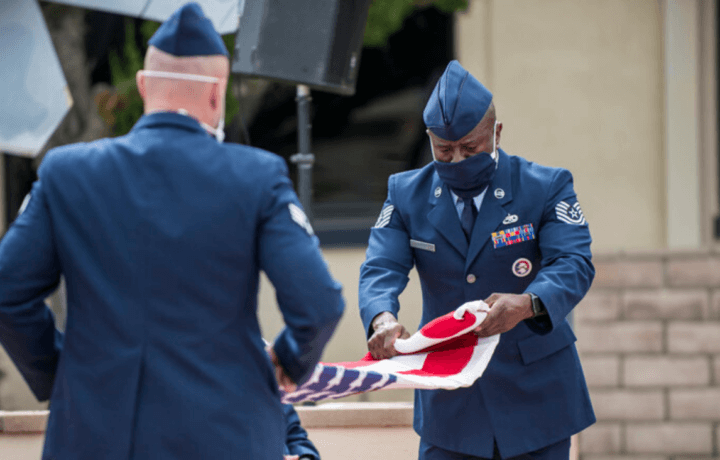You’ve made it! Separating out of the active military … and retirement eligible, means you have served for at least 20 years (in most cases) and qualify for a monthly retirement pension. Having this extra money coming in monthly for life can open up several possibilities for you after getting out. So, after the emotions and noise from the ceremonies die down, here are three common options:
- Get a job
- Start a business
- Try a new career field
3 Options After Military Retirement
Get a Job |
Serving in the military for as long as you did, you have built up considerable skills, both soft and hard, that many employers strive to find. While soft skills, like leadership, organization, and team building are in demand regardless of where your job search takes you, some veterans choose to continue using their military-learned hard skills doing the same job they did while serving.
For example, if you worked in Information Technology, you could cross train over to become an Information Security Analyst or pursue a job in Cybersecurity. Both are in high demand and pay exceptionally well. Or maybe you want to pick up a certification or two (and have your GI Bill pay for it) to not only advance your job skills further, but to better your employment options. Don’t forget … include your security clearance information on your resume as that can be a game changer when it comes to employment offers. |
|---|---|
Start A Business |
This is a popular option with veterans after getting out. And if you have some remaining GI Bill eligibility left, you could use it for some entrepreneurship training to help jumpstart your new business. Or you could use your Post 9/11 GI Bill benefits to go to school and take specific business courses or even get a degree in business before starting your new venture. This may be your chance to take a longtime hobby of yours and turn it into the business you have always wanted. |
Try a New Career Field |
While many veterans choose to stay in the same line of work after getting out, some choose to train to do something different. For example, maybe you have always wanted to get into one of the trade fields. You could use your Post 9/11 GI Bill and go to a vocational/trade school and learn to be an electrician, plumber or carpenter. Or use it to enroll in an on-the-job (OJT)/apprenticeship program where you get paid while learning. With the Post 9/11 GI Bill, not only do you get paid to learn, you also get an allowance for books and supplies along with a monthly housing allowance while in the program. And don’t forget … you are still getting your military retirement income coming in each month on top of everything else. Many times the company you are training with ends up hiring the brightest and best students they think will fit nicely into their company’s climate. |
Regardless of the choice you make, having that nice monthly military retirement pension takes a lot of stress off you having to take the first job that comes along to start getting money coming in. Instead, you can take some time, and decide what you want to do and how you are going to do it.



